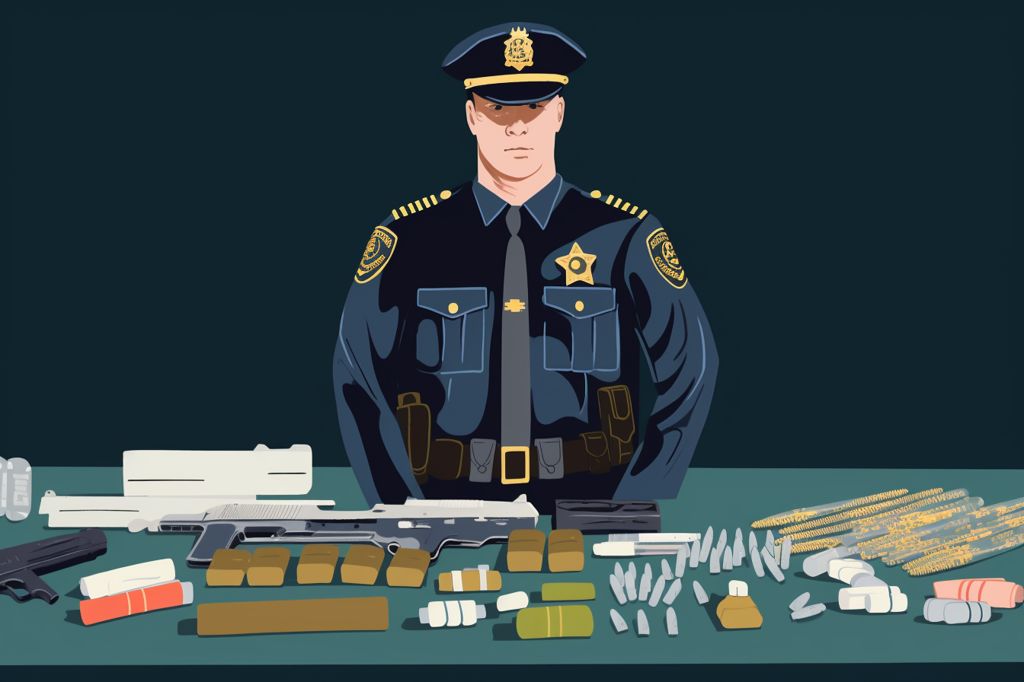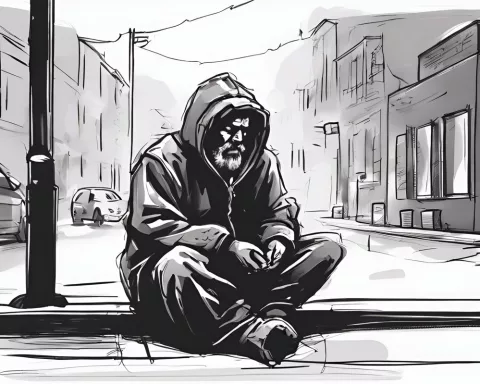In the first quarter of 2023, Cape Town’s Metro Police and Law Enforcement Departments made significant strides in their fight against crime, resulting in a notable increase in arrests and confiscations. This article will delve into the factors that contributed to this achievement, the challenges faced by the City’s Safety and Security personnel, and the importance of individual accountability in securing lasting change.
Impressive Arrests and Confiscations by Cape Town’s Authorities
During the first three months of 2023, Cape Town’s authorities apprehended 4,456 individuals, marking a dramatic rise from the 3,177 arrests made in the same period in 2022. In addition, they confiscated 56 firearms, 986 rounds of ammunition, and over 24,000 units of narcotics. These encouraging statistics are a testament to the hard work and dedication of the City’s Safety and Security personnel, who often put their lives on the line to maintain law and order. However, the statistics also reveal the persistent lawlessness in some communities and the easy accessibility of firearms.
Factors Behind Cape Town’s Authorities’ Success
The progress made by Cape Town’s authorities can be attributed to several factors. First, community structures and individuals played a vital role in the fight against crime by sharing valuable information and participating in neighborhood patrols. Second, the City’s continued investment in staffing and resources has significantly boosted its Safety and Security efforts, enabling law enforcement officers to respond more effectively to crime incidents.
Addressing By-Law and Traffic Infringements
Apart from violent crime, Cape Town’s authorities also focus on tackling by-law and traffic infringements that constitute a large part of their daily responsibilities. During the period under review, law enforcement officers impounded 69 vehicles involved in illegal dumping and shut down 960 illicit liquor outlets. In total, the department responded to 26,285 service requests.
The Need for Personal Accountability
While the collaboration between the City and SAPS has yielded impressive results, Alderman Smith emphasizes the importance of individual accountability. Many of the issues requiring enforcement, like illegal dumping, animal abuse, and traffic violations, are fuelled by human behavior. Thus, enforcement alone will not be the ultimate solution. A change in individual actions would significantly mitigate many of the challenges faced by Cape Town’s authorities.
Cape Town’s authorities have made significant progress in combating crime in the first quarter of 2023. The achievements are thanks to the dedication of the City’s Safety and Security personnel, the support of community structures and individuals, and the City’s investment in resources. However, continued success relies not only on enforcement but also on individual accountability and collective efforts to change behaviors that contribute to crime and lawlessness.












